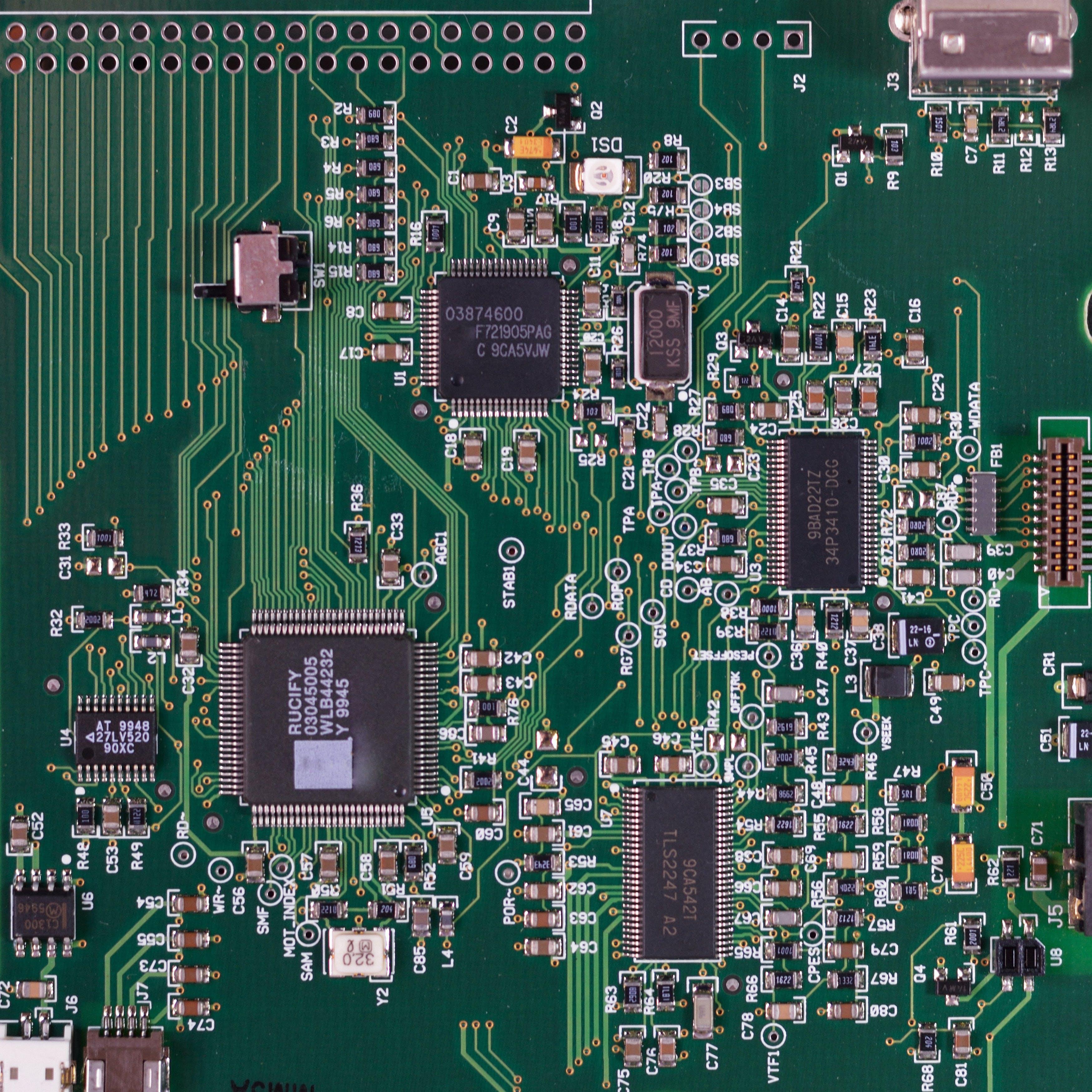In the ever-evolving landscape of data-intensive applications and server technologies, having ample memory capacity is paramount. High-capacity server memory, with its ability to store and process vast amounts of data, is a critical PC component in modern data centers. In this article, we will explore the significance, applications, and frequently asked questions (FAQs) surrounding high-capacity server memory.
Understanding High-Capacity Server Memory:
High-capacity server memory, as the name suggests, refers to the substantial amount of RAM (Random Access Memory) installed within server systems. Unlike standard desktop memory, server memory is designed to handle the rigorous demands of data-intensive applications, virtualization, and large-scale computing tasks. Here are some key aspects to consider:
1. Significance:
- High-capacity server memory is crucial for efficiently handling large datasets, running multiple virtual machines, and ensuring optimal performance in data center environments.
2. Capacity:
- It typically comprises memory modules with significantly higher capacities compared to consumer-grade RAM. Capacities can range from hundreds of gigabytes to terabytes, depending on the server's specifications.
3. Performance:
- High-capacity memory modules are engineered for reliability, stability, and high-speed data access. They ensure that servers can process and retrieve data rapidly, improving overall system performance.
Applications of High-Capacity Server Memory:
High-capacity server memory finds applications in a wide array of data-intensive scenarios:
1. Big Data Analytics:
- Servers equipped with ample memory are essential for handling the vast datasets associated with big data analytics. High-capacity memory ensures that data can be processed efficiently, resulting in more accurate insights.
2. Virtualization:
- Virtualized environments rely on high-capacity server memory to support multiple virtual machines simultaneously. This enables efficient resource allocation and improved scalability.
3. Database Management:
- Database servers benefit from high-capacity memory to store frequently accessed data in RAM, reducing query response times and improving database performance.
4. Scientific Computing:
- In scientific computing, where complex simulations and calculations are performed, high-capacity server memory accelerates data access and computation, reducing processing times.
5. Cloud Computing:
- Cloud service providers leverage high-capacity server memory to ensure seamless and responsive cloud services to their clients.
FAQs:
What distinguishes high-capacity server memory from standard RAM?
High-capacity server memory is specifically engineered for data center use, offering significantly larger capacities and higher performance. It is designed to meet the demanding needs of data-intensive applications, virtualization, and large-scale computing tasks, ensuring optimal performance and reliability.
How do I determine the right amount of high-capacity memory for my server?
The amount of high-capacity server memory required depends on the specific applications and workloads your server will handle. It is advisable to conduct a capacity planning analysis to assess your memory needs accurately, taking into account factors such as data volume, virtualization requirements, and application performance expectations.
What are the key considerations when selecting high-capacity server memory modules?
When selecting high-capacity server memory, it is crucial to consider factors such as compatibility with your server platform, memory speed, and error-correcting capabilities. Additionally, evaluating the reputation and support of the memory manufacturer is important for ensuring the reliability and performance of the memory modules.
Conclusion
High-capacity server memory is the backbone of modern data centers, enabling the efficient handling of large datasets, virtualization, and data-intensive applications. Its significance in various domains, from big data analytics to cloud computing, is a testament to its role in enhancing data processing capabilities and overall server performance. Understanding the distinctions, applications, and considerations surrounding high-capacity server memory is essential for organizations seeking optimal performance in their data center operations.

